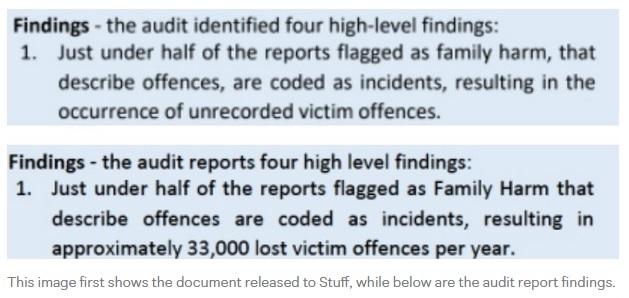Earlier in the month we learned about institutionalised transphobia at Bethlehem College. The school is an "integrated school", meaning that it is state-funded while retaining a "special character". Stuff has now taken a look at several other similar schools, and found another three with institutionalised bigotry:
Three more state-funded Christian schools have been identified as having anti-queer policies, prompting advocates to call for a full-scale education inquiry into discrimination against the LGTBQI community.
[...]
The schools – Maranatha Christian School in Lower Hutt, Cornerstone Christian School in Palmerston North, and Matamata Christian School – say they only recognise marriage between a man and a woman, and only acknowledge two genders.
“Homosexual, lesbian or any other relationships or partnerships are seen as the outworking of mankind’s rebellious nature and therefore are not consistent with the school’s Special Christian Character,” Matamata Christian School says in its public statement of beliefs. “The term ‘gender’ is limited to the two separate and distinct sexes, the masculinity of the male and the femininity of the female.”
The bigotry is in the schools' official "statement of beliefs", which forms part of their integration agreement with the Ministry of Education. The problem is that it seems blatantly unlawful: both sex (which includes gender identity) and sexual orientation are
prohibited grounds of discrimination in the Human Rights Act. While the Act allows "educational establishment[s] maintained wholly or principally for students of one sex, race, or religious belief, or for students with a particular disability, or for students in a particular age group" to discriminate on those grounds, there is no exemption for sexual orientation, or for sex or gender identity discrimination in co-ed schools. So, the schools are breaching the Human Rights Act.
Is the discrimination authorised by some other statute? It does not seem so. While the old Education Act 1989 authorised the Minister of Education to negotiate and approve integration agreements, which may "prescrib[e] the religious or philosophical instruction and observances that are to form part of the school programme after integration", no part of it authorises departure from the Human Rights Act (nothing in the new Education and Training Act 2020 seems to authorise it either). And insofar as an integration agreement actually contains clauses inconsistent with the Human Rights Act, they are void, and sections 3 and 19 of the BORA mean that they were beyond the power of the government to make anyway. Contracts must be consistent with the law, and the government cannot simply contract out of its legal obligations or ignore them when exercising its powers.
So what should happen? Pretty obviously, the schools should obey the law, cease discriminating against queer and trans students, and remove the offensive sections from their statements of belief. If they refuse, the Minister should exercise their powers under the Act, cancel the integration agreement, and refer them to the Human Rights Commission. The government should not be funding bigotry.




